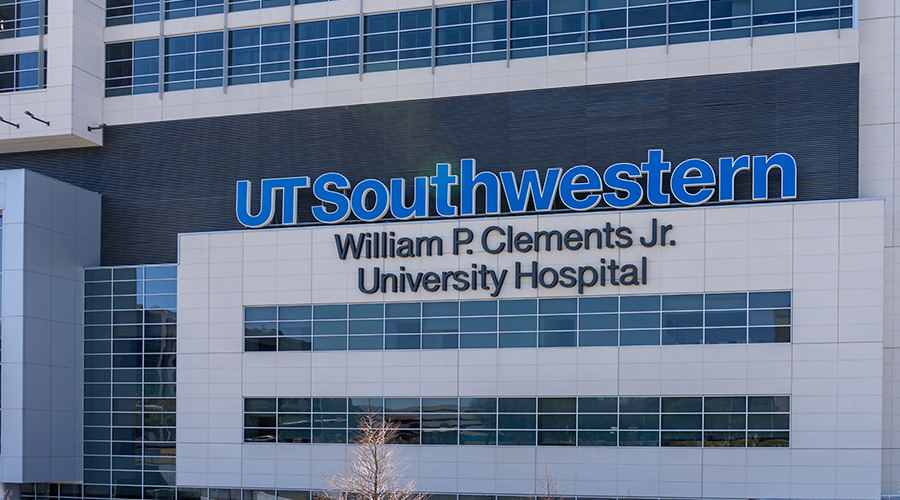Healthcare Leases: Medical Waste
Any medical office that uses or generates any type of “sharps” (e.g., needles, scalpels, blades, or syringes) or waste that may be saturated with bodily fluids (e.g., bandages, swabs, gauze) will likely be required to have a biomedical waste plan in place to address the handling, storage, and disposal of such biomedical waste. The federal Medical Waste Tracking Act of 1988 defines biomedical waste as “any solid waste that is generated in the diagnosis, treatment, or immunization of human beings or animals, in research pertaining thereto, or in the production or testing of biologicals."
While the Medical Waste Tracking Act expired many years ago, the definition is illustrative. Any health care facility or office generating biomedical waste — including hospitals, dental offices, ambulatory surgical centers, and walk-in clinics — will be subject to applicable state and federal regulations. With respect to biomedical waste, non-medical landlords likely do not have much experience. Accordingly, healthcare tenants may have to educate their landlords or otherwise address the disposal of biomedical waste early in the negotiation process.
Biomedical waste, which is sometimes also referred to as “red bag waste,” is a unique concern of landlords of healthcare tenants, and when these non-medical landlords engage with healthcare tenants, special attention should be paid to biomedical waste. Most states require a generator of biomedical waste to prepare and maintain a written plan of biomedical waste management. Landlords should require that tenants provide landlords with a tenant's biomedical waste plan, to confirm such tenant has such a plan for the appropriate disposal of medical waste.
There are a number of private companies that specialize in the pick-up and disposal of red bag waste. Landlords should require that healthcare tenants contract with a reputable medical waste disposal company, and the landlord may require that the disposal company be subject to the approval of landlord.
There are numerous permits and fees required for the handling, transportation, and disposal of biomedical waste. Landlords should require that tenants provide evidence of the appropriate licensure and payment of the fees and should require that the tenant maintain, for landlord review, all records required by applicable law to be kept. Landlord should confirm that compliance with laws related to medical waste is specifically addressed in their lease and any violation is a default by tenant and landlord is indemnified for any damages, loss, costs or penalties.
Landlords will also need to educate their janitorial service provider that any red bag waste must not be disposed of in the municipal waste stream. This may seem obvious but is one reason that biomedical waste is disposed of in red bags. When any tenant requires the use of radioactive materials, obvious additional care is necessary and additional federal regulations will apply as well. A landlord may want to obtain expert certification of compliance and require a tenant to reimburse landlord for the cost.
This is the third part of a 10-part series on healthcare leasing issues. Remaining parts will appear monthly throughout 2015.
Brooks Smith is a commercial real estate and finance attorney for Bradley Arant Boult Cummings LLP. He regularly represents healthcare clients in all aspects of commercial real estate development, acquisition, disposition, leasing, and financing. Connect with Smith on LinkedIn or through Bradley Arant Boult Cummings’ website.
Related Topics:

















